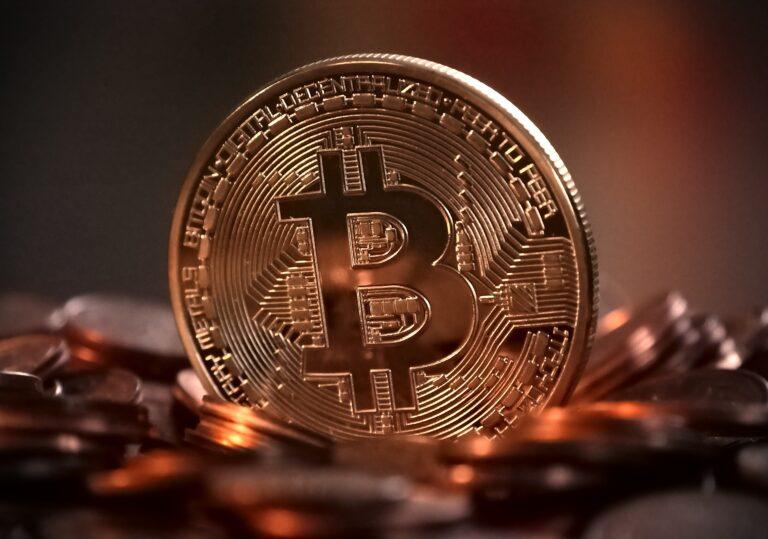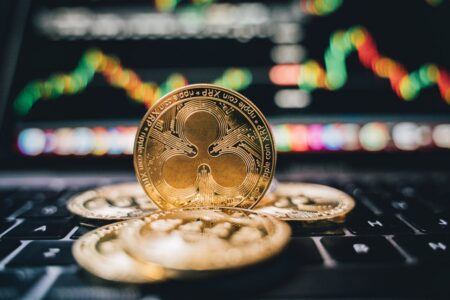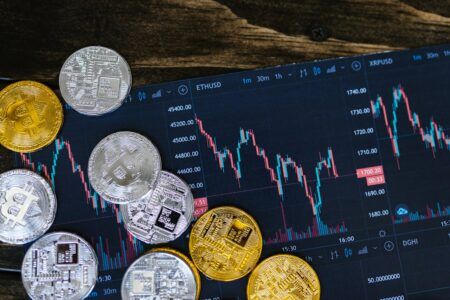Bitcoin and cryptoasset investors in Hong Kong are seemingly paying a premium on their trades amidst the ongoing political unrest, which appears to have created increased demand for BTC.
Hong Kong Premium
According to data compiled by the P2P bitcoin exchange LocalBitcoins, traders in Hong Kong are paying an average of $300 or more per BTC than traders elsewhere in the world. The 2% premium on trades is reportedly being generated by the high demand for bitcoin and cryptoassets in the country, as political unrest continues to push the citizenship towards greater uncertainty in the future.
Our Intelligence has informed us that the Chinese Government is moving troops to the Border with Hong Kong. Everyone should be calm and safe!
— Donald J. Trump (@realDonaldTrump) August 13, 2019
The increased demand for bitcoin is being tied to the falling trust in fiat in the country, in addition to growing economic and political unrest. Bitcoin is increasingly becoming viewed as a safe haven asset around the world, particularly in times of economic uncertainty.
Political Unrest
Hong Kong is entering its 10th week of protesting and mass demonstration.
The movement began in June as an outcry against a controversial mandate that would impede upon the country’s “Basic Law,” which gives Hong Kong the opportunity to develop its own democracy with limited intervention from China. The proposed bill would allow for extradition of Hong Kong citizens to mainland China, which many in the country view as a violation of their autonomy.
Since then, millions have taken to the streets in protest, culminating in one of the largest ongoing demonstrations in recent history. While the focus continues to be on the dichotomy between Hong Kong and mainland China, the protests have evolved into a greater conversation of democracy and self-governance.
Bitcoin has seemingly started to become a political player in the protesting. The digital currency provides both a decentralized framework, which is appealing to those who are currently railing against their government authorities, in addition to serving as a store of value asset in times of economic uncertainty.









